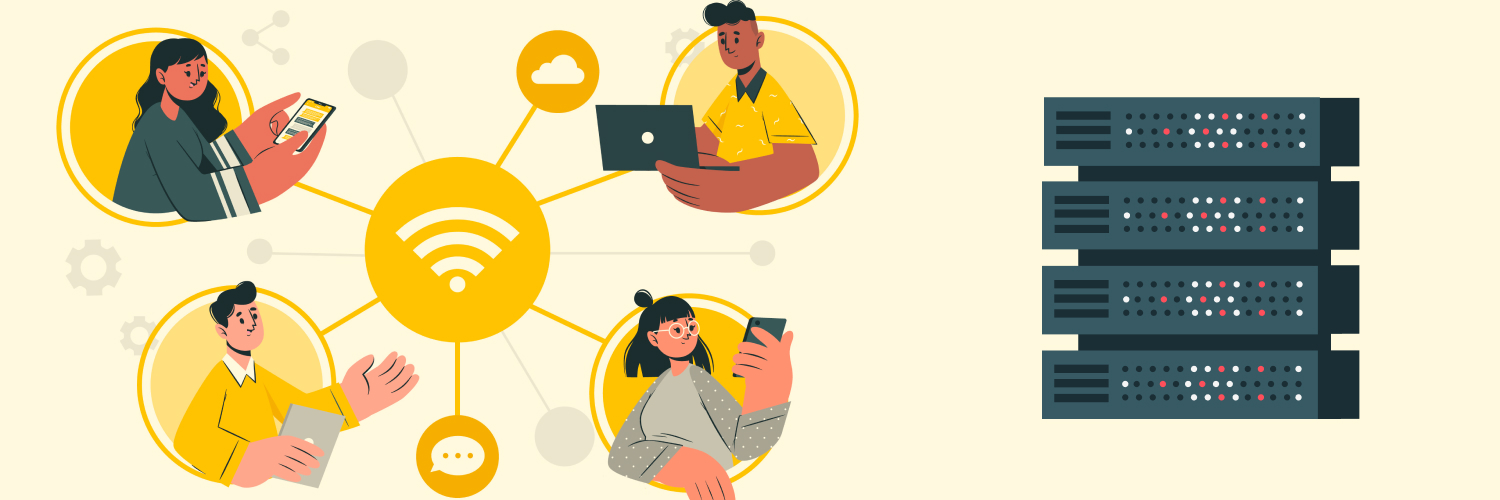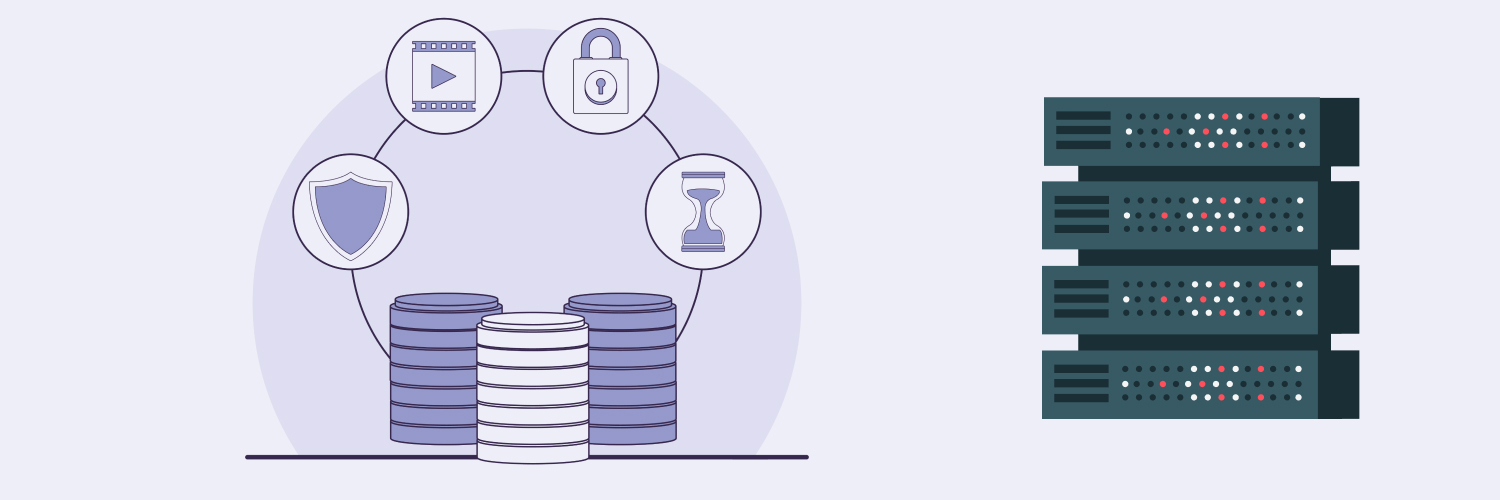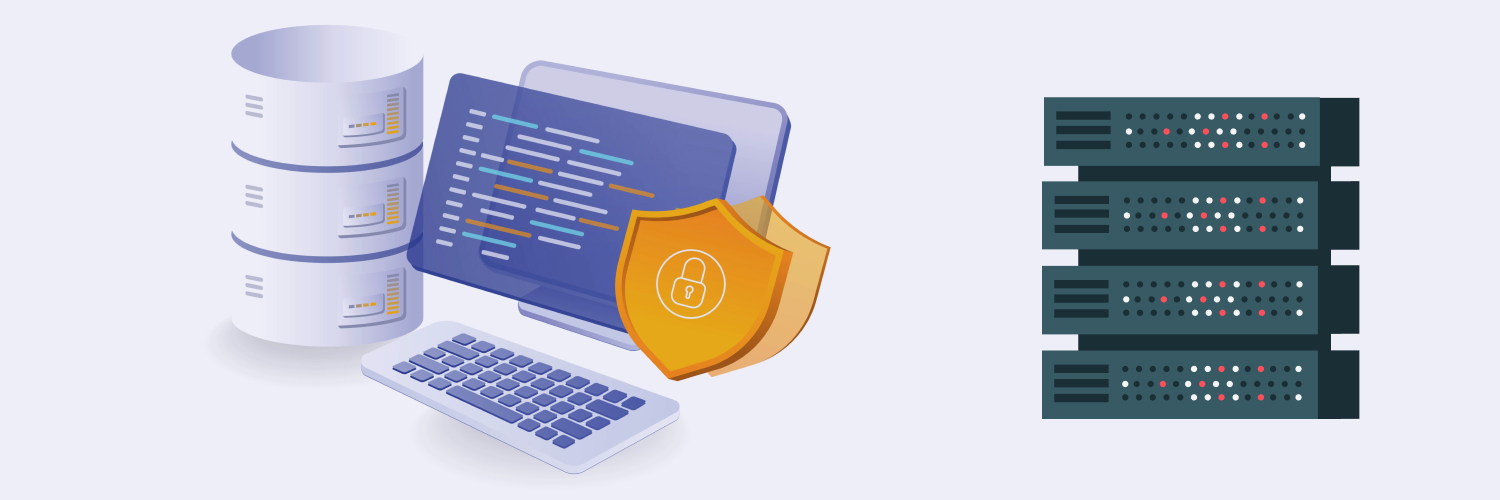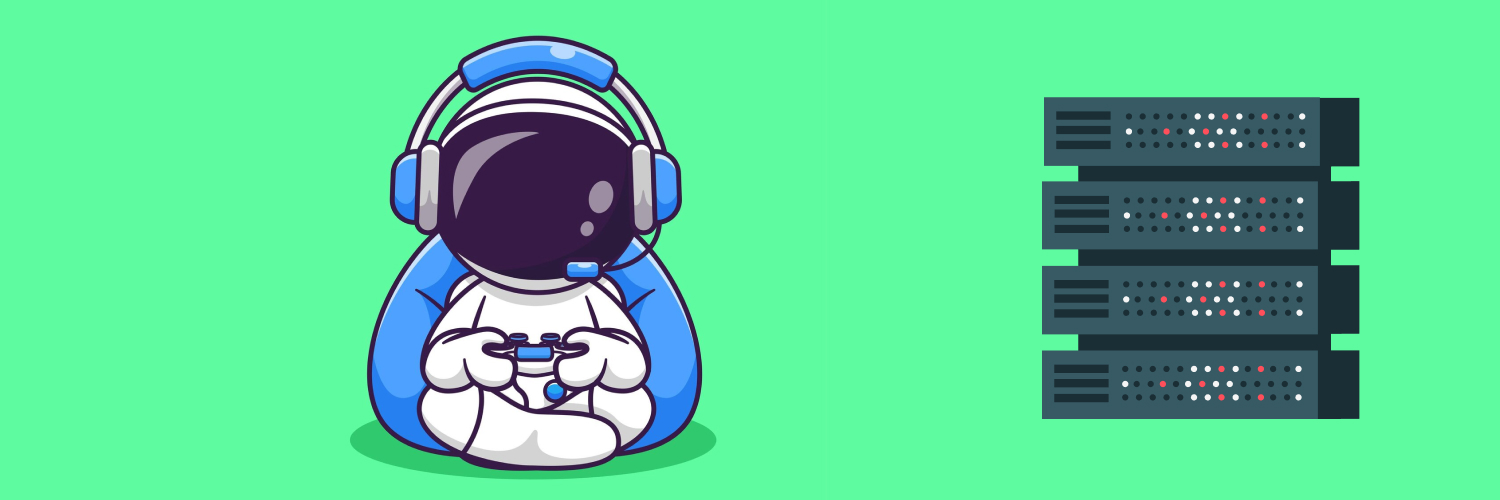Advantages And Disadvantages Of Online Data Gathering Tools
Tech and software companies often rely on comprehensive online data collection to grow their businesses and increase their customer base. For years, customer-oriented companies have used data-centric market research to improve their sales numbers, refine their business model, and retain a core customer base. However, the rise in online retailing and software-as-a-service corporate models have led to a paradigm shift in how companies collect customer data. Read more about online data gathering.
Companies need cutting-edge online data gathering tools to meet this demand. But while your company seeks to use these online data gathering tools ethically, the ongoing threat of cybercrime and cybersecurity may present some disadvantages. Bad actors across the web use similar online tools to gather data for malicious purposes. Cybersecurity experts are constantly evolving data security protocols in response.
As a result, you may get caught in the constant push and pull between cybercriminals and security experts. If you would like to maximize your ROI from online data collection, it is important to understand the advantages and disadvantages of online tools in gathering data. Understanding the current cybersecurity ecosystem will help ensure your company doesn’t fall behind in the market or falter from your commitment to ethical web scraping and data collection.
Online Data Gathering in a World of Cyberthreats

Over the past decade or two, companies that depend on accurate and fast returns on web data collection have found themselves in a bind. The extensive permeation of data across the internet has provoked a surge in cybercrime, data breaches, and other cybersecurity threats.
Whether you are a head Chief Technology Officer at a large eCommerce company, an entrepreneur running a tech startup, or a sales professional in a midsized SaaS business, you are likely already familiar with the current need to acquire comprehensive online customer data quickly and efficiently.
For example, if your company specializes in eCommerce solutions, you must provide your clients with large quantities of data on online pricing, customer browsing habits, and product availability. What’s more, your customers demand complete and thorough data as quickly as possible. Any delay or limitations can make your customers fall behind in the online marketplace. If this happens, they will likely turn to other eCommerce solutions for their online data needs.
The problem worsens when you consider that increased ethical access to web data often correlates with more cybersecurity threats. Experts estimate that in 2021, there was a cyberattack or a data security breach roughly every 11 seconds. This number increased from one every 19 seconds in 2019 compared to one every 40 seconds in 2016. If this trend continues, you could soon see a major cybersecurity breach every second or two.
These malicious data breaches also place enormous financial stress on all sectors of the economy. In 2021, experts estimated that companies saw around $6 trillion in financial damages from cybersecurity breaches alone. Cybercriminals have evolved their tactics in response to improvements in cybersecurity protocols, causing further headaches for companies looking to collect online data ethically.
Cybersecurity measures have arisen in response, which does help keep online data safe from cybercriminals. But these measures can also present a daunting labyrinth for companies using online data gathering tools to keep pace in an increasingly competitive eCommerce market.
It’s a good idea to understand the advantages and disadvantages of online tools in data gathering so you can plan a comprehensive data gathering process and navigate the current online world without falling behind the competition.
Online Data Gathering With Web Scraping

If you have been working with online data collection for the past few years, the most valuable tool you have likely come across is web scraping. With web scraping, a company or eCommerce professional can automatically gather critical data from specific websites and organize it into a comprehensive template. Companies that use web scraping to gather online data can quickly get information on product pricing, online reviews, competition research, brand sentiment, intellectual property, and much more.
The downside is that many websites have taken steps to limit or block data scrapes. Though you can ethically scrape web data, the roadblocks you may face from individual websites may throw a wrench in your scraping process. Many websites can identify IP addresses engaged in web scraping and block them from access. If shut out from crucial websites, you cannot gather the data you and your customers need.
Industry-leading resources like web proxies can help tremendously with web scraping and other online data gathering processes. Thanks to web proxy providers like Rayobyte, you can ensure that your online data gathering process makes the most of available data gathering resources without getting caught up in the escalating conflict between cybersecurity and cybercrime.
Still, web scraping via proxies has advantages and disadvantages for companies relying on online data gathering.
Advantages of web scraping with proxies
Web scraping is arguably the best tool for quickly gathering large quantities of online data. Say you need to provide your customers with real-time data on the current prices of televisions sold by different online retailers. Going through each website and manually collecting TV prices one by one will take far too much time to be worth your while. With web scraping, you can use a program to automatically read and collect all relevant TV prices from any website you specify.
Proxies offer a convenient way to avoid blocks and downtimes from important websites. If you use your IP address to scrape data, you could quickly face blocks from one or more of your targeted websites. However, using a proxy will make the website see a proxy IP address instead when hit with a connection request. This allows you to avoid costly blocks and gather critical online data without running afoul of cybersecurity protocols.
Plus, web proxies can provide much greater data storage and internet speed capacities. This is particularly useful for web scraping since it often requires gigabytes or even terabytes of data to download quickly. Web proxies can help you avoid overburdening your servers when scraping the web for important data.
Disadvantages of web scraping with proxies
The upfront cost is the biggest potential disadvantage of web scraping with a proxy. In most cases, effective web scraping with a proxy provides accurate and comprehensive data to your customers much more quickly than your competition. With these tools, your company can get a significant return on your initial investment. However, good proxies often involve an initial financial investment, especially if you want to benefit from multiple IP addresses or large data capacities.
Another issue you may encounter when working with web proxies is the number of different proxy types. For example, a proxy provider may offer residential proxy services where real users have leased their residential IP addresses to proxy providers to be rented out. There are also data center proxies, which involve an IP address from a large data center rather than a residential user.
Both types of proxies have their pros and cons. Residential proxies allow you to swap out different IP addresses to get around potential blocks. So, if one proxy IP address gets blocked by a targeted website, a residential proxy provider will let you quickly switch to a new IP address to regain access to the site’s data immediately. However, residential proxies may experience inconsistent proxy server speed and data capacity issues. Your online data gathering may face longer loading periods and less downloading capacity if you use a residential proxy with slower speeds.
One of the biggest advantages of data center proxies is a more consistent, open-ended data capacity for web scraping. Because data center proxies use large data centers rather than individual residential IP addresses, they usually provide unlimited data downloading capacity. This can be a major asset when you need to quickly download large quantities of data.
However, you will not necessarily get to switch to new IP addresses if your existing proxy IP gets blocked by a website. Other proxies, such as ISP proxies, offer the benefits of both residential and data center proxies but tend to be much more expensive.
Online data gathering with web proxies can involve some initial work to determine what type of proxy — and upfront cost — would work best for your needs. Fortunately, many of the industry’s best proxy providers offer demos to help you work through these issues. For example, Rayobyte offers free trials of its residential and ISP proxies to help you navigate the current online cybersecurity ecosystem.
SaaS Analytics Online Data Gathering Tools

Many companies that rely on complex online data gathering specialize in software-as-a-service products for their customer base. With software products and services, companies profit from long-term customer retention based on software subscriptions. Companies like yours need to acquire specific types of data and analysis about your core customer base. This data helps maximize customer retention and ongoing software subscriptions.
SaaS analytics uses online data gathering tools to provide companies like yours with profiles of potential customers. Relevant demographic data include customers’ online schedules and habits, how much they are likely to spend on software subscriptions, and brand loyalty.
Advantages of SaaS analytics
The main advantage of SaaS analytics data gathering tools is that they can provide real-time profiles of potential software consumers. Data like this allows you to target new customers for software services and products. Much of the SaaS industry involves constantly evolving and revising your software and marketing operations. This includes improving your customers’ user experiences, attracting new customers, and maintaining ongoing subscriptions from the customers you already have.
With information from SaaS analytics online data gathering tools, you will have a much clearer picture of which demographics are most likely to benefit from your software product offerings, how they are most likely to use your products, and what kind of subscription packages would best appeal to them.
Disadvantages of SaaS analytics
SaaS analytics requires extensive web scraping and access to browser histories, online search trends, and public data on various internet users. This process will likely require an investment in web proxies to avoid blocks and downtime, which raises the same potential financial and data processing issues you may encounter with different proxy provider services.
Additionally, the balance between online consumer data acquisition and each user’s desire for online privacy is constantly in flux. Most internet users are aware that their data is publicly available whenever they go online. And for the most part, users are okay with companies collecting their online data. Users recognize that ethical data collection improves their online experience and connects them with products and services they can benefit from.
However, with the ongoing risk of cybercrime and identity theft, more users are taking additional steps to protect their identity online. Tools like VPNs, tracker blockers, and online privacy brokers can cause difficulty for companies like yours that use ethical SaaS analytics tools to gather customer data. Though SaaS analytics remains a powerful tool for any company that sells software products and services, the constant evolution of user privacy tools may require continual revision on your end.
The good news is that coalitions of companies that rely on data scraping and analytics have recently consolidated around an initiative to promote and maintain ethical standards in the web scraping industry. These standards could harmonize the balance between online data gathering and user privacy and make the SaaS analytics process much easier on your end.
Data Gathering Techniques From Online Social Media

Social media has provided companies like yours with a treasure trove of user data. Recent studies have found that around 59% of the global population currently has at least one social media profile. That number only grows with each passing year.
The average social media user also spends around two and a half hours on social media each day. These accumulated social media hours can provide SaaS and eCommerce companies with key data on shopping preferences, spending habits, and consumer behavior.
Types of online data to gather from social media
Social media online data gathering tools can provide companies like yours with different types of information on potential customers. Depending on what kind of information you need, you can calibrate your online data gathering according to different types of social media demographic information.
Personal information
Personal or demographic data collection is one of the most common social media online data gathering tools. This kind of online data gathering provides you with data on basic personal information from different social media users. Points like ages, birthdates, contact information, and location might be visible on a person’s social media profile.
Though this type of personal data is of limited use, you can still build comprehensive, personalized ad campaigns with it. You can also use this kind of online data gathering to build a theoretical profile of an “ideal” customer or buyer persona to revise and improve ad campaigns.
Behavioral trends
When using social media for online data gathering, you can also gain important information on your targeted customer base’s broader behavioral trends. Social media online data gathering can provide you with crucial information on buying habits, time spent on particular sites, and social media influences.
With information on how your customer base behaves on social media, you can further refine future ad campaigns to better target them. You can also use social media data gathering to personalize specific ads to particular social media demographics.
Attitudinal data
Social media online data gathering is also helpful for getting data on specific attitudes among a particular demographic. Demographics with different political or social views may prefer different types of products or services. They also might react to different kinds of ad campaigns or engagement based on their overall attitudes.
By gathering attitudinal data from social media, you can optimize future ad campaigns based on a core customer demographic’s affectations and responses to current events. Identifying customers’ attitudes toward pop culture, entertainment, music, and sports can help you further reach new customers and improve existing ad campaigns.
Brand and platform engagement
Social media also reveals how customers engage with particular brands and platforms online. Many user post information on their social media profiles expressing their satisfaction or dissatisfaction with a particular product or service. You can use social media online data gathering to access information on how your preferred customer base engages with key brands and platforms online.
By recognizing how customers engage with platforms and brands online, you can project future trends and get your advertising campaigns in front of future engagement before it happens. You can also use this engagement data to develop better and more engaging ad campaigns in the future.
Advantages of social media data gathering
Social media data gathering tools provide user data across multiple dimensions. You can, for example, get up-to-date information on the online consumer habits of specific demographics. You could also focus your social media data search on things like brand loyalty, behavioral trends, and attitudes toward specific issues or products on the market today.
Understanding a user or demographic’s overall attitudes and specific spending habits can help you craft advertising messages that attract new customers and retain existing customers. It also adds new, fertile dimensions of data to provide to clients who rely on you for comprehensive web data.
Disadvantages of social media data gathering
The biggest disadvantage specific to social media data gathering is the ethical issue regarding data collection from the social media profiles of minors. Currently, the legality varies from jurisdiction to jurisdiction. But the overall process does raise major ethical concerns in terms of privacy, consent, harm, and exploitation.
This proves particularly thorny because social media data gathering tools cannot completely exclude minors’ social media profiles from a social media data collection search. So when working with social media data gathering, you should pay close attention to which profiles you collect information from, how many may overlap with legal minors, and how you can avoid unethically exploiting them.
Rayobyte’s Online Tools for Gathering Data

Though all online data gathering tools have advantages and disadvantages, you can achieve the best results with high-performance web scraping resources. In most cases, a good web proxy provider can mitigate the biggest issues that may arise when collecting online data. Investing in effective proxies can ensure that your online data gathering provides a significant return without overburdening you with technical or ethical issues.
Rayobyte has industry-leading web proxy solutions that can maximize your returns no matter what online data gathering tool you use. For companies interested in web scraping, Rayobyte offers several high-performance web proxies that meet any data collection need. This includes residential proxies, data center proxies, ISP proxies, and mobile proxies. All of these resources feature Rayobyte’s powerful bandwidth capabilities and exceptional customer service.
The online world is in a constant state of conflict between malicious actors and cybersecurity experts. But you do not need to get caught in the crossfire. If a reliable web proxy would fulfill your need for comprehensive online data gathering, get in touch with Rayobyte today to see all product offers and start your free trial.
The information contained within this article, including information posted by official staff, guest-submitted material, message board postings, or other third-party material is presented solely for the purposes of education and furtherance of the knowledge of the reader. All trademarks used in this publication are hereby acknowledged as the property of their respective owners.






